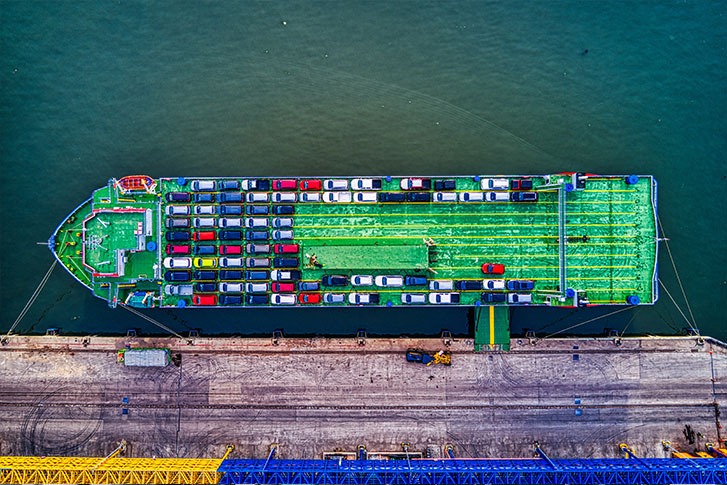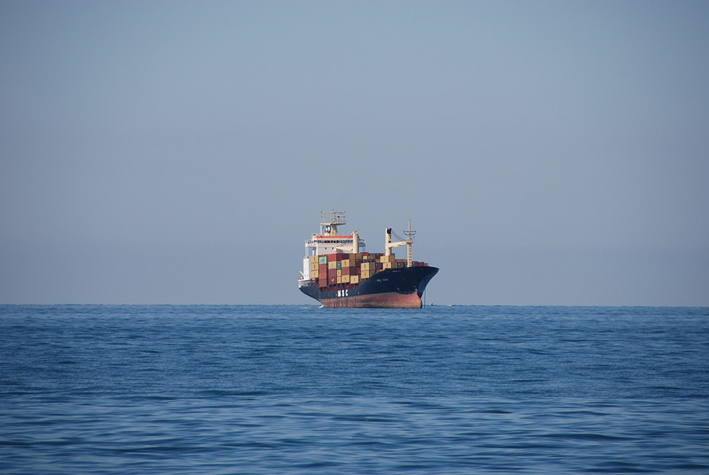Shipping Cars to Pakistan is becoming an increasingly popular practice, with the globalisation of markets and the ease of international business. This trend is attracting both individual car owners and businesses looking to explore the Pakistani market. But what are the rules and regulations one must adhere to while shipping cars to Pakistan? This will offer insights into this complex process.
Understanding the laws and regulations concerning shipping cars to Pakistan is essential for a smooth and hassle-free experience. These rules vary depending on factors such as the type of car, its age, and its intended use in Pakistan. From customs duties to documentation, the following sections will help you navigate the complexities of shipping cars to this bustling South Asian country.
Whether you’re an individual looking to bring your vehicle to Pakistan or a business venturing into new markets, you’ll find the information below vital. Let’s delve into the various aspects of shipping cars to Pakistan, highlighting the crucial rules and regulations that govern this intricate procedure.
When shipping cars to Pakistan, proper documentation is the cornerstone of a lawful process. Every importer must have the original Passport, Bill of Lading, and Purchase Invoice. The absence of these vital documents may lead to delays or even the impoundment of the vehicle.
In addition, the Pakistani authorities require a De-Registration Certificate from the country of origin. This certificate ensures that the vehicle meets the necessary legal and environmental standards, and is essential for clearance at Pakistani customs.
Understanding the customs duties and taxes is crucial when shipping a car to Pakistan. The rates differ based on factors like the car’s make, model, engine size, and manufacturing year. Calculating the exact amount can be complicated, but a customs broker or clearing agent can provide valuable assistance.
Moreover, it’s important to know that concessions are available under specific conditions, such as transfer of residence. Complying with all the requirements for these concessions can significantly reduce the overall costs of shipping the car.
Pakistan has stringent rules regarding the age of imported vehicles. For most personal vehicles, the age limit is three years from the manufacturing date. Commercial vehicles have different criteria, with restrictions often based on the type of vehicle and its intended use.
This age restriction ensures that only newer vehicles, meeting the latest safety and environmental standards, enter the Pakistani market. Violating this rule can result in hefty fines or the vehicle’s confiscation.
Importing used cars to Pakistan follows a distinct set of rules and regulations. Not only must the vehicle adhere to the age restriction, but it also must have the importer for at least 60 days before shipping. This rule ensures authenticity and prevents fraudulent activities.

The condition of used cars also falls under scrutiny. Proper certification stating the vehicle’s condition and any repairs needed can significantly expedite the customs clearance process in Pakistan.
Before shipping a car to Pakistan, a thorough inspection is mandatory to determine the vehicle’s roadworthiness. This inspection ensures that the car complies with the standards set by the Pakistani government and is safe to drive on the roads.
An authorised agency typically performs the inspection in the country of origin. Failing this inspection means that the vehicle cannot be shipped to Pakistan, emphasising the importance of maintaining the car in top condition.
Upon arrival in Pakistan, all vehicles must go through a quarantine and clearance process. This includes inspections for pests and compliance with local regulations. Any discrepancies can lead to delays, added costs, or even refusal of entry.
The clearance process involves various checks, including verification of documents and physical inspection of the vehicle. This thorough examination ensures that only legitimate and compliant vehicles enter the Pakistani market.
Choosing the right freight and shipping option can affect the cost and time it takes to ship a car to Pakistan. Options like Roll-on/Roll-off (RoRo) and Container Shipping have different pros and cons, catering to various needs and budgets.

RoRo is often more economical but offers less protection, while Container Shipping provides more safety at a higher cost. Understanding these options and selecting the one that suits your requirements can make the shipping experience more efficient.
Insurance plays a vital role in protecting your investment when shipping cars to Pakistan. Various insurance options cover different aspects, from damages during transit to theft.
A comprehensive insurance policy can offer peace of mind, ensuring that unexpected events don’t result in significant financial loss. Consulting with an insurance provider to tailor a policy that fits your needs is an essential step in the shipping process.
Certain vehicles are prohibited from entering Pakistan, including those with right-hand steering and those not complying with local environmental standards. Understanding these restrictions beforehand can prevent unnecessary expenses and disappointment.
These prohibitions align with Pakistan’s efforts to maintain road safety and environmental sustainability. Knowing what vehicles are banned is essential for anyone considering shipping a car to Pakistan.
Shipping cars to Pakistan involve numerous complex rules and regulations. From documentation to customs duties, understanding these aspects is paramount for a successful shipping process. By adhering to the guidelines mentioned above, individuals and businesses can explore the promising Pakistani market with confidence and compliance. Whether you’re looking to venture into new business territories or simply wish to have your vehicle with you in Pakistan, this comprehensive guide serves as a valuable resource in navigating the intricate maze of shipping cars to this vibrant nation.
